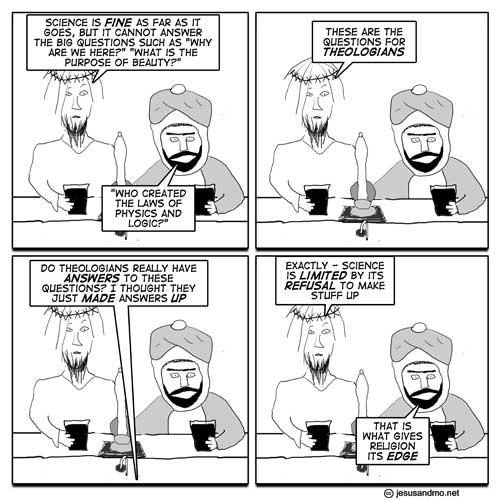There's a rather depressing article in Ars Technica (UK ISPs playing Grinch with P2P throttling, surf data, video?)about ISP attitudes to the service they provide (or not) in the UK. AT focusses on three areas in which the ISPs want to maximise their profits, in some cases by restricting costs (throttling P2P services), selling our data (by deep packet inspection, such as the vile Phorm system), and by demanding payments from broadcasters such as the BBC (because they have the temerity to introduce a very popular service such as iPlayer).
I'm not a BitTorrent user, but I feel rather anxious that a legal application like BitTorrent, which can of course be used for entirely legal activities such as legal downloading of videos, games, and software can be throttled back on the basis (or rather the explanation used to deflect criticism) that some people abuse it for illegal activities. Of course this is a bit weasly, the real situation is that the ISPs have pitched their services at a price that doesn't cover the bandwidth people use. Their solution seems to be to throttle back P2P services under the guise of copyright protection.


